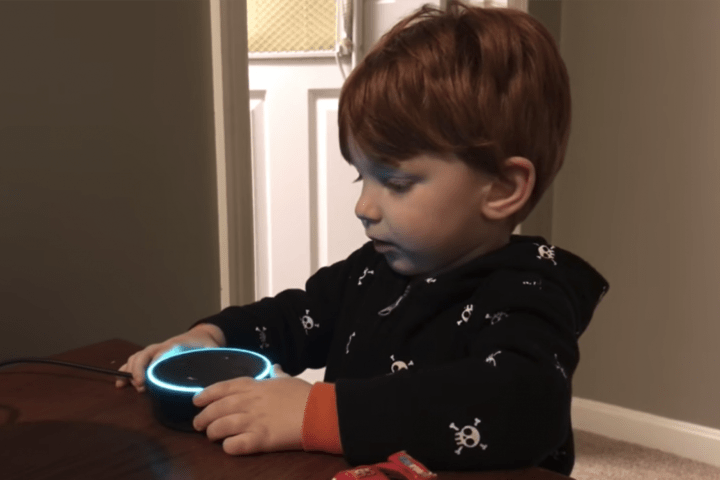Entities
View all entitiesCSETv0 Taxonomy Classifications
Taxonomy DetailsProblem Nature
Unknown/unclear
Physical System
Consumer device
Level of Autonomy
Medium
Nature of End User
Amateur
Public Sector Deployment
Yes
Data Inputs
environment audio, Alexa software, user requests
CSETv1 Taxonomy Classifications
Taxonomy DetailsIncident Number
33
Risk Subdomain
7.3. Lack of capability or robustness
Risk Domain
- AI system safety, failures, and limitations
Entity
AI
Timing
Post-deployment
Intent
Unintentional
Incident Reports
Reports Timeline

The future belongs to AI-powered devices that will play music and party on their own when we're not there.
At least that's the takeaway from a curious/disturbing incident involving a German guy in Hamburg.
While home assistant devices like …

We all assume that intelligent devices will either serve our every need, or try to kill us, but what if they just want to party?
Well, it could work out pretty expensive as Oliver Haberstroh found out when his Amazon Alexa started its own e…

Updated Amazon's audio surveillance personal assistant device, Alexa, has acquired an external battery pack called Dox.
The appropriately named portable energy store, made by lifestyle gadgetry firm Ninety7, does not (thankfully) do what it…

We have in the past seen instances such as the failure of Microsoft bot Tay, when it developed a tendency to come up with racist remarks. Within 24 hours of its existence and interaction with people, it starting sending offensive comments, …
Variants
Similar Incidents
Did our AI mess up? Flag the unrelated incidents
Similar Incidents
Did our AI mess up? Flag the unrelated incidents





